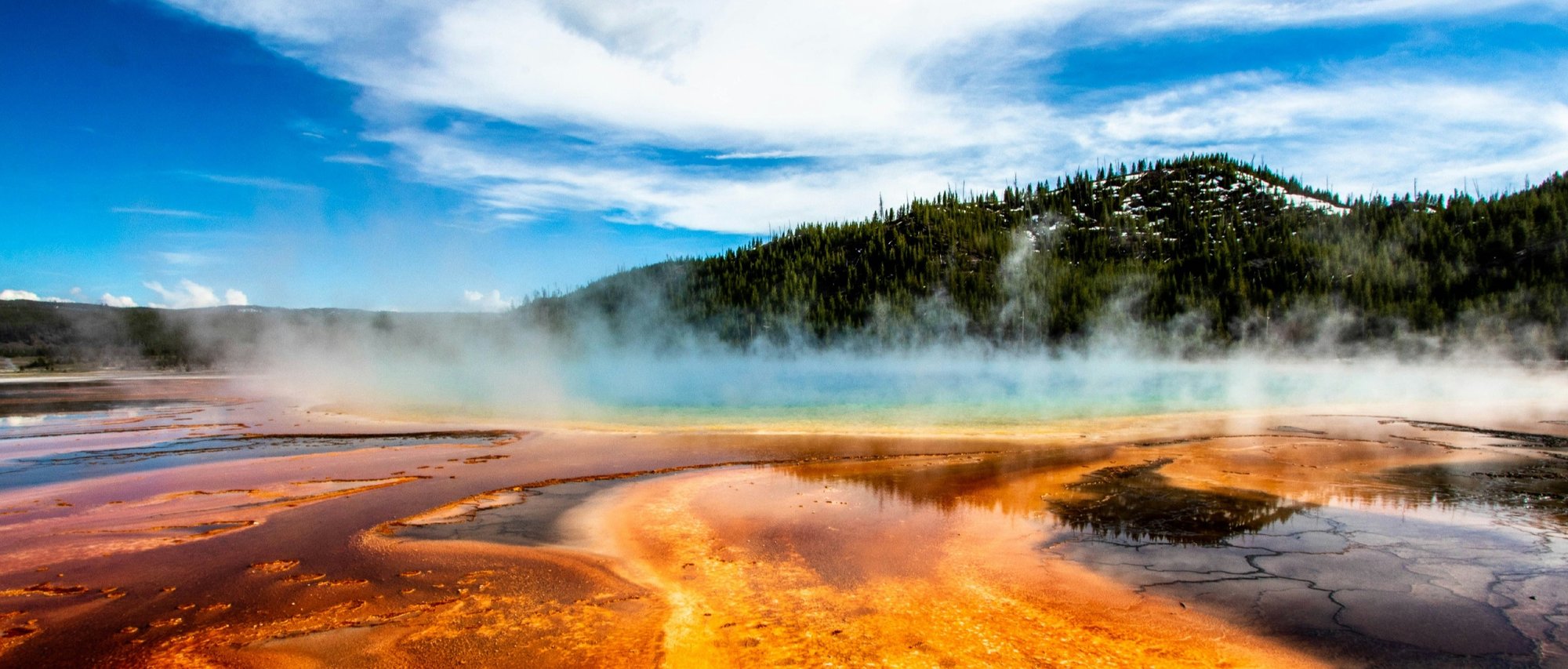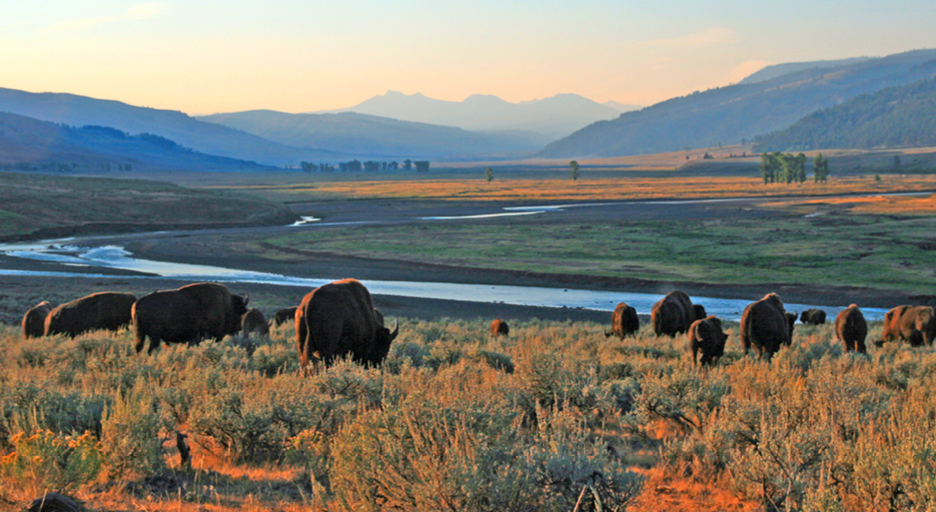
Content provided by our preferred partners at Collette Tours.
National parks aren’t just great places to visit – they also provide incredible benefits to society and individuals alike.
Did you know that the U.S. has more than 60 national parks? These landscapes not only help preserve the country’s natural beauty and complex ecosystems, they also serve as outdoor classrooms that teach visitors about America’s amazingly diverse environment. And if all that weren’t enough, national parks are good for our health. Numerous studies have shown that connecting with nature promotes wellness by decreasing stress levels.
A brief history of America’s national parks
Why do we have national parks? The idea was first mentioned by a painter named George Catlin, who traveled the American West. Seeing firsthand the effects of westward expansion, he imagined “some great protecting policy of government...in a magnificent park.... A nation’s Park, containing man and beast, in all the wild[ness] and freshness of their nature’s beauty!"
Others advocated for a national park, too, and in 1872 President Ulysses S. Grant signed a bill that set aside over two million acres of land in the Yellowstone region. Other parks soon followed: Mackinac Island in 1875, and Sequoia and Yosemite in 1880.
The National Park Service was founded in 1916, with the goal of conserving “the scenery and the natural and historic objects and wildlife therein… by such means as will leave them unimpaired for the enjoyment of future generations.”
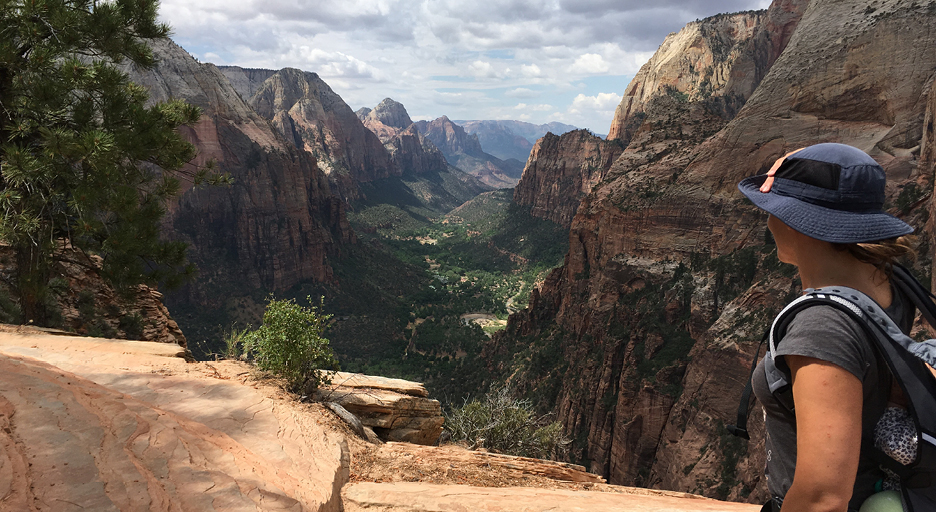
Benefit #1: Good for the environment
Encompassing more than 85 million acres, America’s national parks protect the natural environment, preserving not just unique natural features but complex ecosystems of plants, animals, and earth. Wide, wild spaces filled with plant life also help reduce carbon levels in the air, mitigating the effects of climate change.
National parks also help many endangered species recover their populations. Sea turtles, California condors, and grizzly bears are just some of the threatened species whose numbers have grown thanks to these protected habitats.
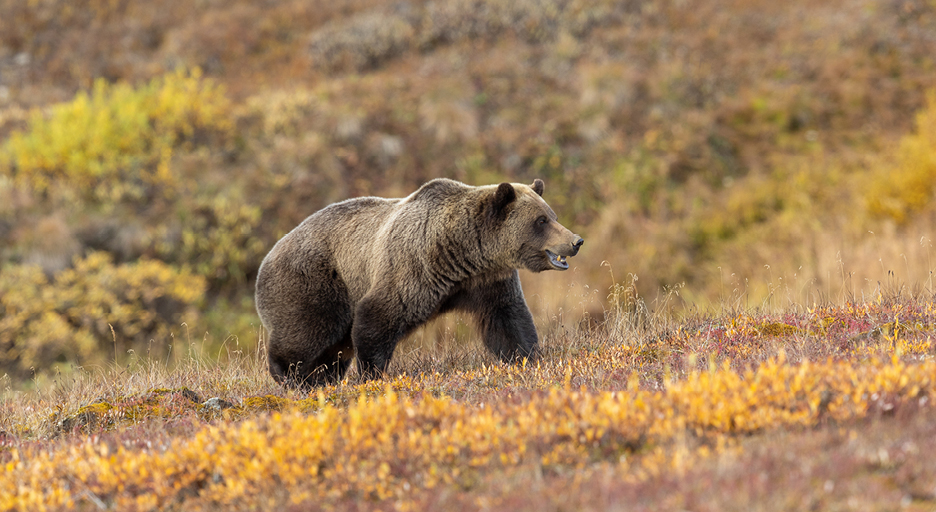
Benefit #2: Good for education
What better way to learn about nature than to dive right into it? One of the goals of America’s national parks is to increase awareness of the nation’s natural beauty and ecology. Park tours, events, books, brochures, and social media are just some of the ways parks reach out to visitors and provide educational opportunities.
Visiting national parks is an incredibly valuable experience for kids. Field trips not only help them learn about plants and animals, they offer a glimpse into local (even prehistoric) history and can inspire younger generations to be thoughtful stewards of the environment.
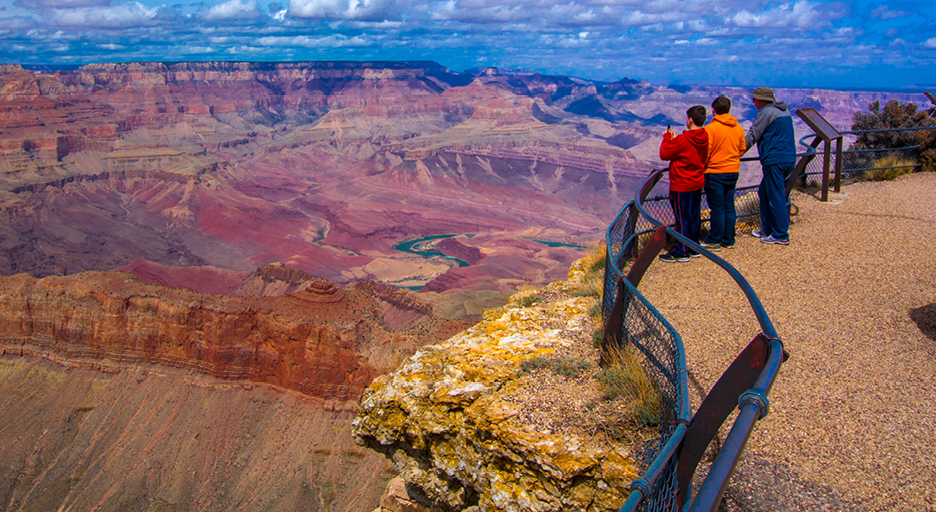
Benefit #3: Good for your health
Yes, all that wilderness is good for you! Multiple studies have shown that connecting with nature has enormous benefits, including lower blood pressure and reduced stress. We know that exercise is key to good health, and national parks encourage all kinds of physical activity, such as walking, climbing, biking, and swimming.
Something as simple as sound can be a health boost. Researchers have found that the natural sounds of the wilderness, such as wind, rustling leaves, birdsong, and rushing water, can relieve stress, lower heart rates, and even improve mood.
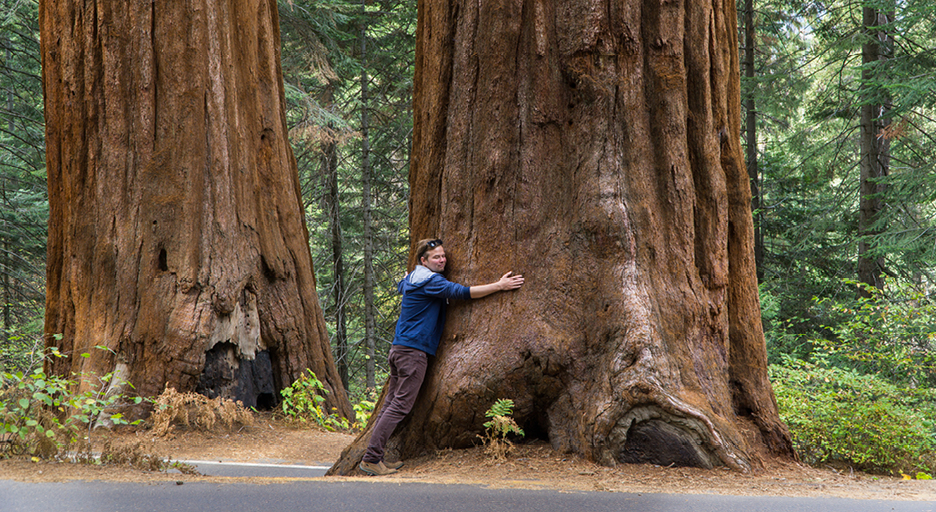
Have you ever heard of forest bathing (shin-rin yoku)? It’s the Japanese term for spending time in a forested place for its physical and emotional benefits. By immersing ourselves in a wilderness, we can connect deeply to nature. It encourages us to be more mindful, too, and appreciate the present moment.
A trip to any of America’s national parks is an amazing experience. And knowing their enormous value and benefits is sure to make your next visit even more special.
Book your Collette Tours guided vacation with one of our TRAVELINK advisors by submitting a Trip Request below:
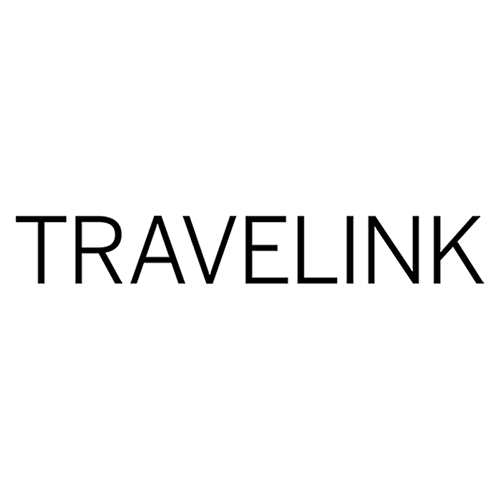
About the author
TRAVELINK
TRAVELINK is headquartered in Nashville, Tennessee and operates nationally with a combination of boutique business call centers and a national network of experienced virtual business travel and leisure travel advisors. Travelink’s client base includes a range of Fortune 500 Corporations, small to mid-market companies, as well as clients from the entertainment industry, sports teams, groups, and religious & non-profit organizations.
Topics: New, Family, Leisure Travel, Vacations
